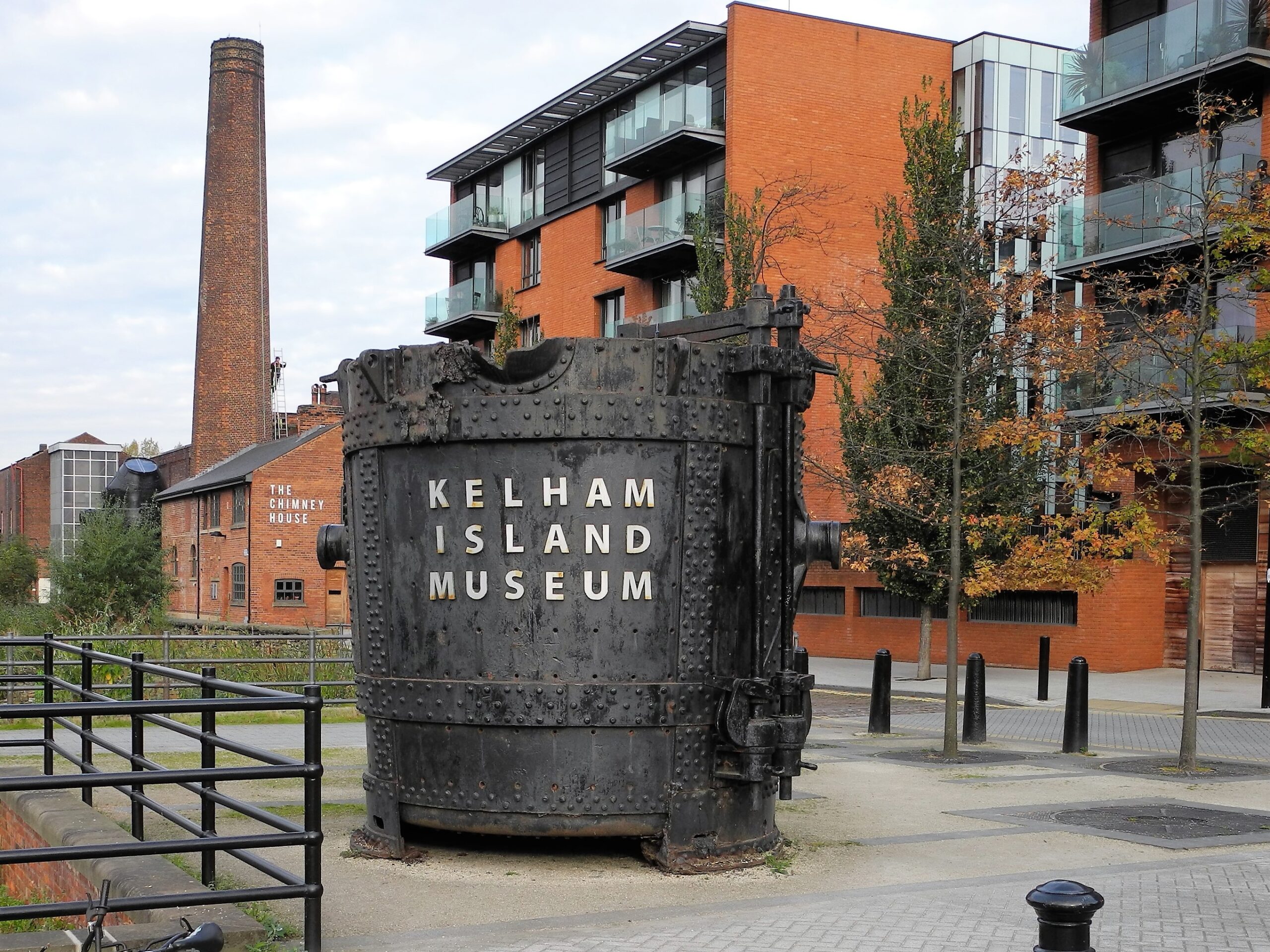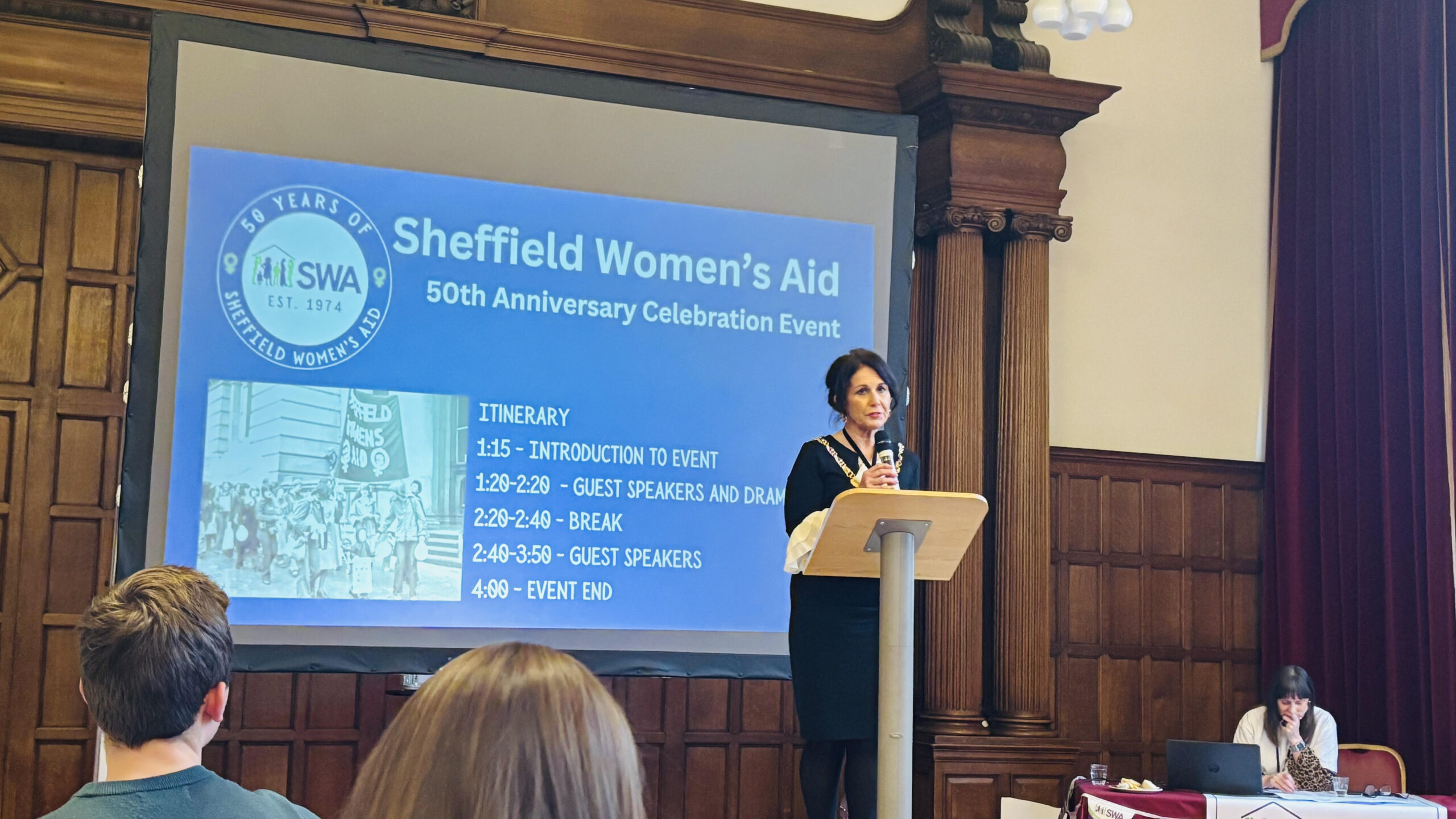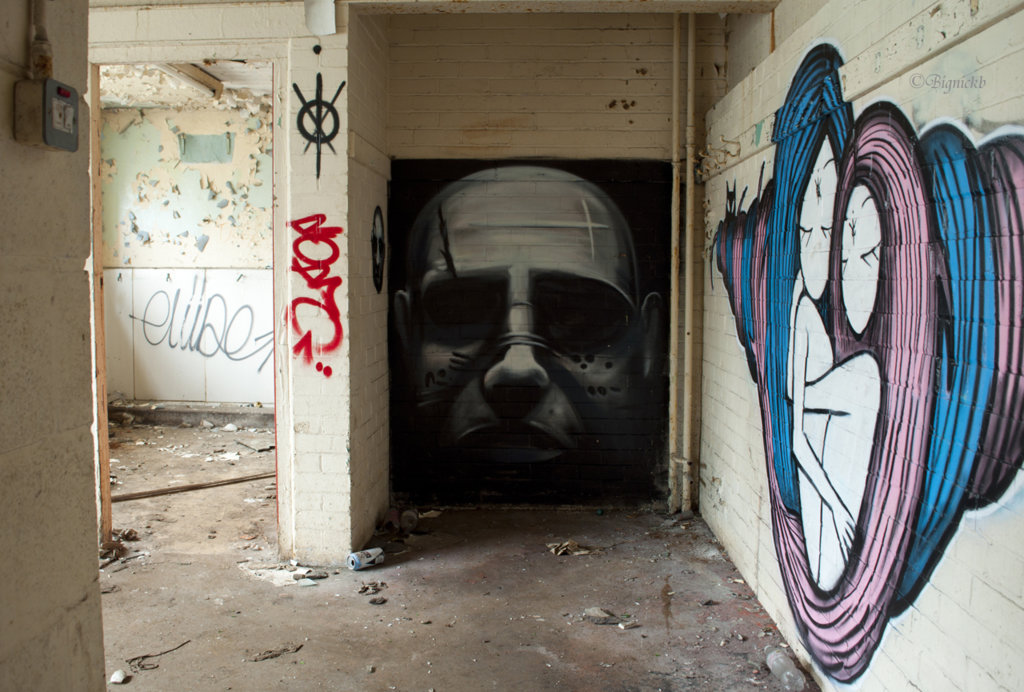The council’s plans for development across Sheffield put the city’s architectural heritage at risk, according to a local charity.
The Sheffield Local Plan will guide development in the city until 2039 and will have implications for how all residents will live their lives, according to Councillor Terry Fox.
“Our plans will enable more than 35,000 homes to be built, in the right places, with sustainability and affordability at the heart of development. 43,000 new jobs will be created, feeding directly back into our economy and our residents’ livelihoods,” he said.
“We need this up-to-date Local Plan to ensure we are not conflicted between short term economic goals and longer term environmental and social outcomes. It will provide an important tool to honestly, properly, fairly and publicly, make the right decisions for this city.”
Robin Hughes, spokesperson of Hallamshire Historic Buildings (HHB), a campaigning organisation which seeks to preserve Sheffield’s historic architecture, said the plan has “gaping holes” which overlook key protections for heritage buildings.
“The council can do better than they have with the Local Plan,” he said. “If you want to have a reputation for looking after your heritage assets, you need the tools to do that.
“Things like conservation areas, local heritage lists and areas of special character are those tools. The council is either not deploying them effectively or not deploying them at all.”
An ongoing issue in Sheffield is the question about whether Castlegate should be made a conservation area. Conversation areas have special architectural or historic interest which should be preserved or enhanced, according to the Sheffield City Council website.
Mr Hughes said buildings in unprotected areas can be demolished with only two-weeks notice, but he does not see any efforts by the council to create new conservation areas, and this implies they are not looking for more heritage to protect.
New plans for regeneration in Castlegate costing £16m have recently been announced. Mr Hughes said these do not necessarily present a risk for the area’s heritage, but until it is made a conservation area buildings will be vulnerable to demolition.
“The threat is certainly real,” he said. “If a private developer owns a building of historic value in Castlegate, there is nothing to stop them demolishing it.”
Mr Hughes cited Kelham Island as an example of a conservation area benefiting from the protection of architectural heritage.
HHB has outlined another problem with the plan, as it will remove protection of “areas of special character”.
Since 1998, the policy on Areas of Special Character has protected around forty areas, including Mayfield Valley, Devonshire Green and Mosborough. One such example is Loxley valley, which according to Mr Hughes has been crucial in the history of Sheffield.
“Loxley Valley had iron ore, a river for water power, trees for making charcoal and wind for smelting,” he said. “Sheffield exists and became a world leader in steel because of its natural resources. They are crucial for the existence of the city and, in turn, critical to the modern world.
“We need special protection for those kinds of areas, either as an area of special character or by making them conservation areas.”
As the plans stand, these protections will no longer exist.
The third oversight in the plan is that it scarcely mentions Sheffield’s Local List of heritage assets, which protects buildings of local historical and cultural importance, according to Mr Hughes, who argued the heritage list should be a crucial tool in development.
He refuted the idea put forward by the council that conservation areas can be a “brake on development” and hinder growth, saying that preserving heritage offers many benefits, including to economic growth.
Research from Historic England has shown that many jobs and enterprises are dependent on, attracted to or based in historic buildings and spaces.
The study showed that heritage employment growth outstripped the rest of the UK economy, growing almost twice as fast between 2011 to 2019.
Sheffield City Council has been approached for comment.




